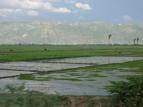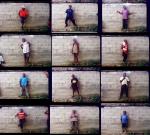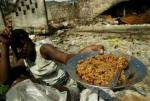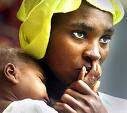Jubilee USA: Members of Congress and Other Leaders Urge Immediate Debt Cancellation
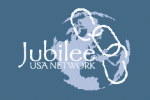 Despite a letter signed by 54 members of Congress, the Treasury Department refused to support a Congressional request urging for immediate cancellation of Haiti's debt or a freeze on Haiti's current payments to the World Bank and others. Members of Congress recognize that in a time when Haitians continue to starve it is unethical to receive payments the country could use to feed its own people. A letter released last week from Assistant Secretary of Treasury for Legislative Affairs, Kevin Fromer, stated “there is no provision in HIPC [Heavily Indebted Poor Countries] that would allow Haiti to come to Completion Point now.” The press release below includes the reactions of Congressional and human rights leaders as well as links to the letters.
Despite a letter signed by 54 members of Congress, the Treasury Department refused to support a Congressional request urging for immediate cancellation of Haiti's debt or a freeze on Haiti's current payments to the World Bank and others. Members of Congress recognize that in a time when Haitians continue to starve it is unethical to receive payments the country could use to feed its own people. A letter released last week from Assistant Secretary of Treasury for Legislative Affairs, Kevin Fromer, stated “there is no provision in HIPC [Heavily Indebted Poor Countries] that would allow Haiti to come to Completion Point now.” The press release below includes the reactions of Congressional and human rights leaders as well as links to the letters.





